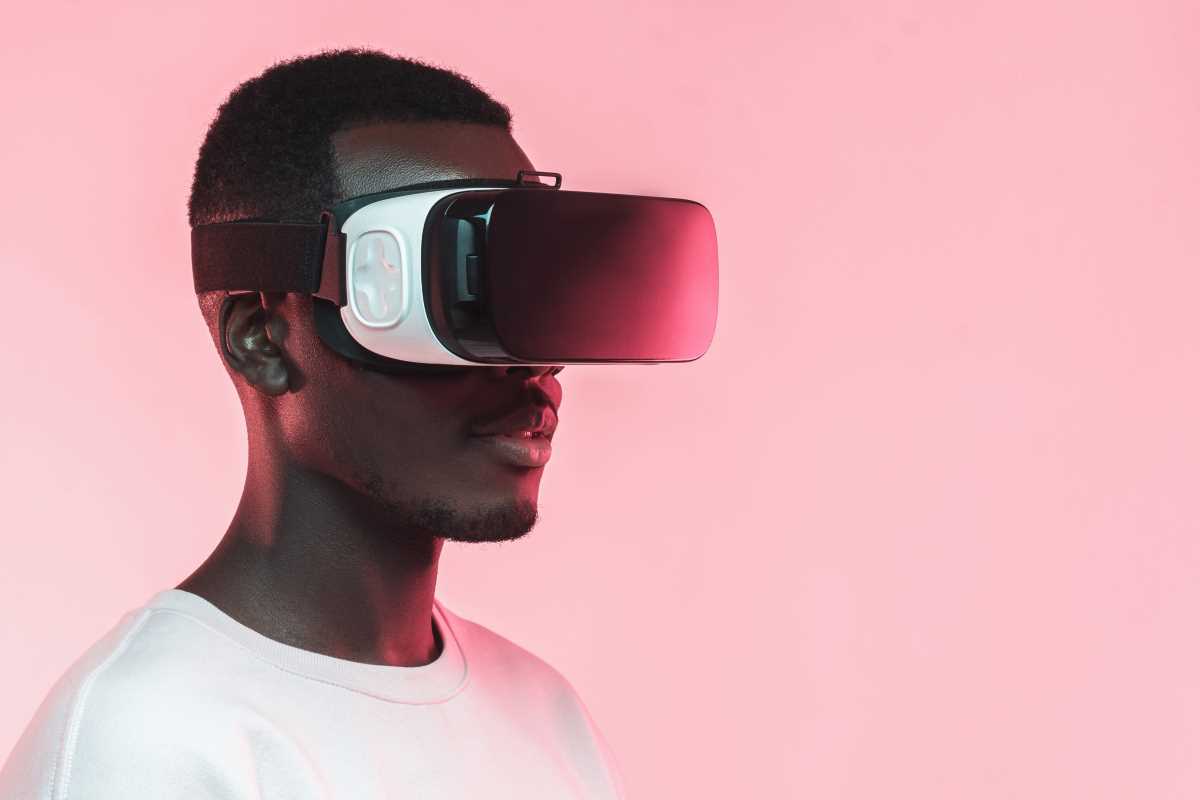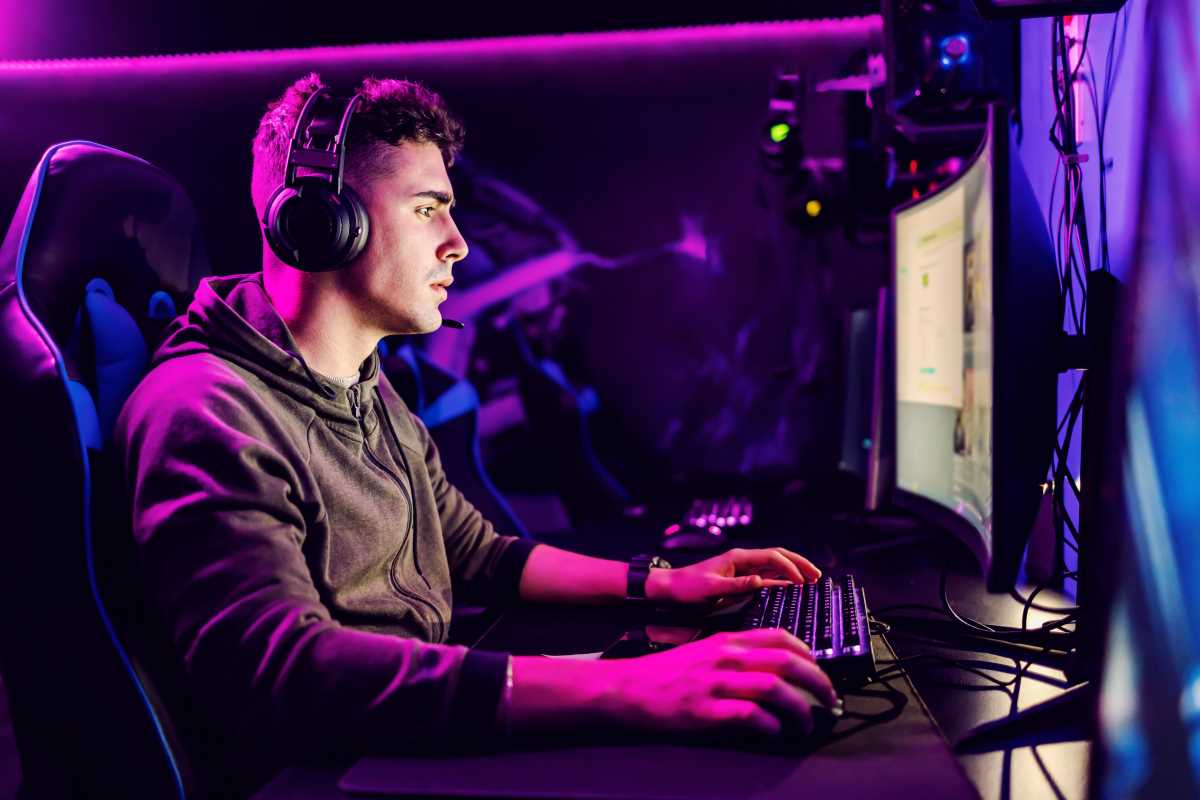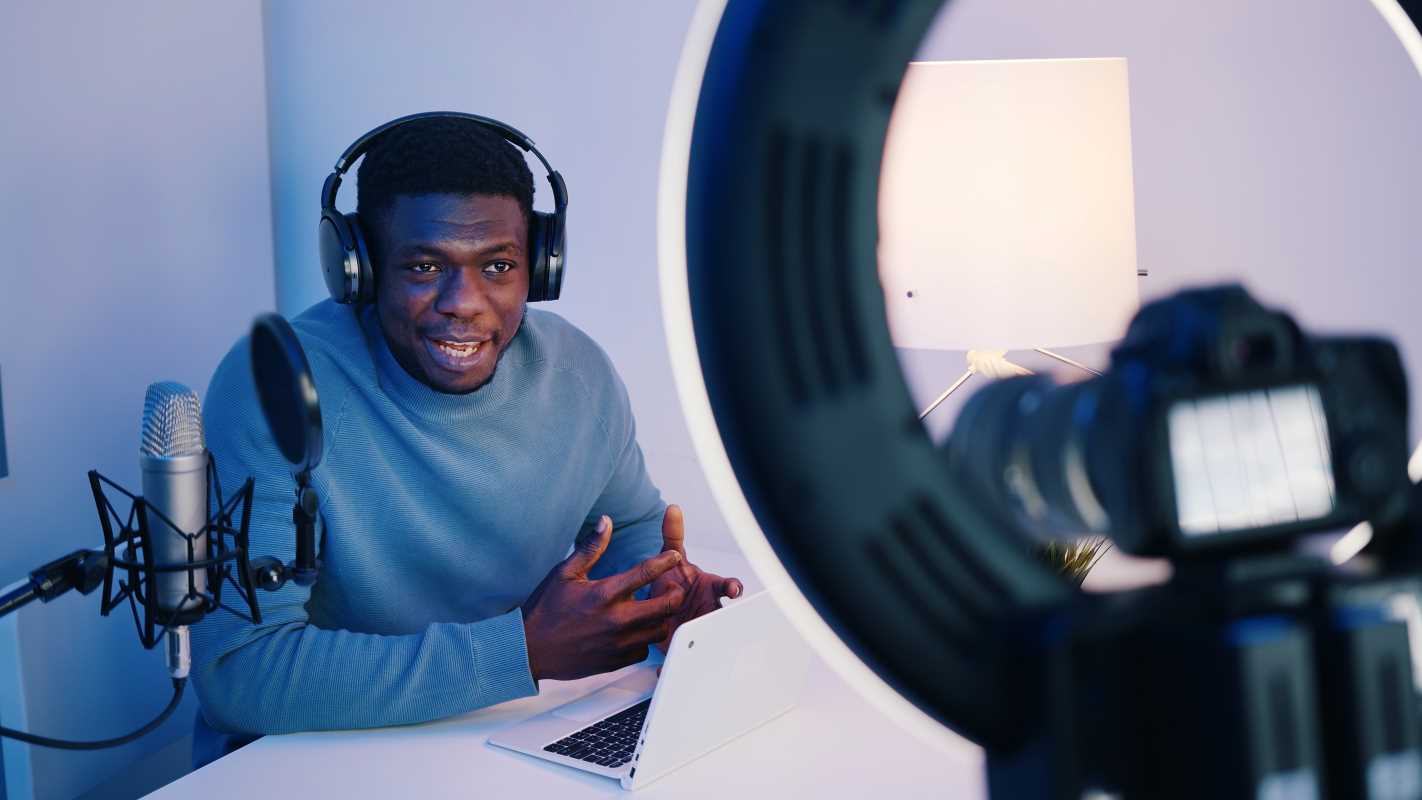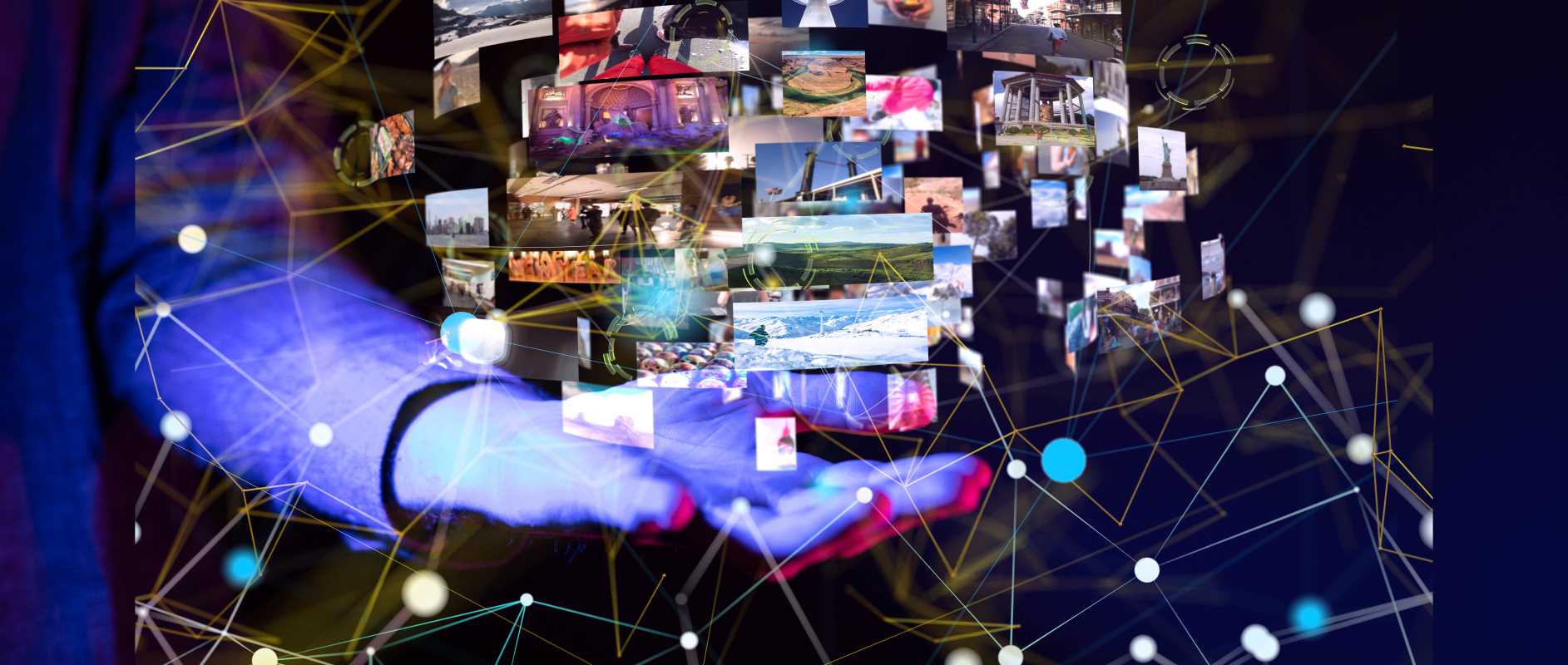In recent years, popular sitcoms have undergone a significant transformation in terms of diversity and representation, reflecting the changing landscape of society. Gone are the days of homogeneous casts, as modern sitcoms embrace a more inclusive approach that better mirrors the diverse world we live in. Let's take a closer look at the evolution of diversity in popular sitcoms of the 2020s.
The Rise of Multicultural Casts
One notable trend in sitcoms of the 2020s is the rise of multicultural casts. Shows such as "Black-ish," "Fresh Off the Boat," and "One Day at a Time" have gained popularity for featuring diverse characters from various backgrounds. This shift towards inclusive casting has not only resonated with audiences but has also opened up conversations about representation in the media.
Exploration of LGBTQ+ Storylines
Another significant development in modern sitcoms is the exploration of LGBTQ+ storylines. Shows like "Schitt's Creek," "Brooklyn Nine-Nine," and "Love, Victor" have been praised for their authentic portrayal of LGBTQ+ characters and themes. By including these narratives in their storylines, sitcoms have played a crucial role in promoting acceptance and understanding within the mainstream.
Embracing Disability Representation
In addition to featuring diverse racial and sexual orientations, sitcoms in the 2020s have also made strides in embracing disability representation. Shows like "Special" and "Speechless" have put a spotlight on characters with disabilities, offering a more nuanced and authentic portrayal of their experiences. This shift towards inclusivity has been lauded for breaking down stereotypes and promoting greater visibility for individuals with disabilities.
Addressing Mental Health Issues
Furthermore, popular sitcoms of the 2020s have not shied away from addressing mental health issues. Series such as "BoJack Horseman," "Crazy Ex-Girlfriend," and "Better Things" have delved into complex topics such as depression, anxiety, and addiction with sensitivity and depth. By depicting characters grappling with mental health challenges, these sitcoms have helped reduce stigma and foster empathy among viewers.
Intersectionality and Complex Characters
Lastly, the evolution of diversity in popular sitcoms of the 2020s has also been marked by the rise of intersectional stories and complex characters. Shows like "Insecure," "Ramy," and "The Bold Type" have explored the intersections of race, gender, sexuality, and identity, creating rich, multifaceted characters that defy stereotypes and showcase the complexities of human experiences.
In conclusion, the evolution of diversity in popular sitcoms of the 2020s has been a progressive and transformative journey. From multicultural casts and LGBTQ+ storylines to disability representation and mental health advocacy, modern sitcoms have become a powerful platform for promoting inclusivity and sparking important conversations about diversity in the media. As we continue to see more diverse stories and characters on our screens, it is clear that sitcoms play a vital role in reflecting and shaping the diverse world we live in today.
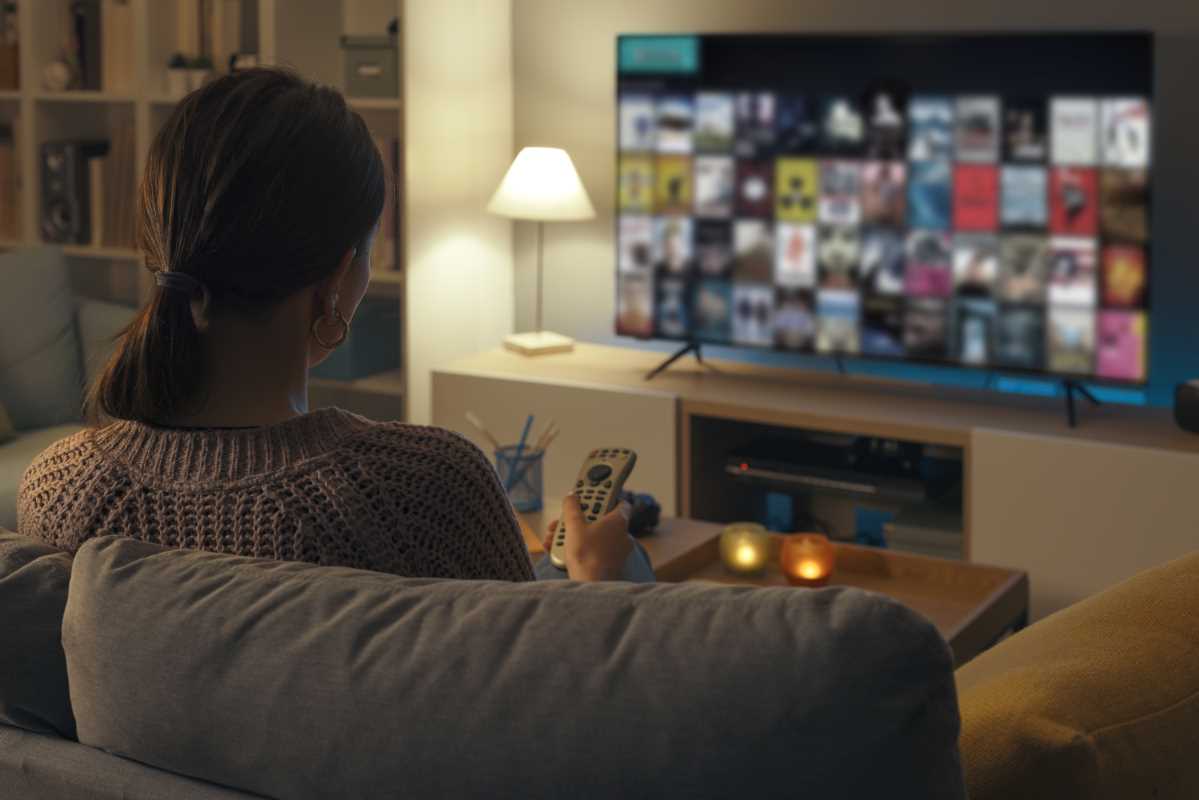 (Image via
(Image via.jpg)
